QuestionI am taking a 4-H project on Horseless Horse where we make posters on all kinds of subjects about horses. My required subject this year is horse nutrition. I want to know what the basic components of a diet should be for an average horses with no special needs and also is their anything not to feed a horse?
AnswerHi Holly, The main components of a horses diet consist of three parts. Water, roughage, and grain. Roughage is probably the most important as horses digestive system is designed for them to be processing small amounts of roughage at all times. Roughage includes grass pasture and different types of hay. Having access to roughage keeps a horses gut moving at all times. A horse with a healthy gut will produce gut noises almost constantly, like stomach growling. Horses should also have free access to water at all times, if they are deprived of water they could dehydrate and become very sick but most often they will colic from impaction from lack of fluids. Most horses are fed grain, being that grain is man made it is not as easy for a horse to digest, however, most horses have no problems when fed in correct amounts and intervals. A horse does not have to have grain to be healthy, however, if you are riding, breeding, or raising young horses they usually need the extra nutrients and energy to sustain a healthy weight, enough stamina, and proper growth. You should feed grain in small amounts more often rather than in large amounts at one time. Again because of their gut not being equipped to handle large amounts of food at one time. There are tons of different types of grain formulated for specific needs such as performance, breeding stock, pastured horses, and growing horses. There are many things a horse should not eat, the most common being moldy hay or grain. This can cause a horse to have a stomach ache (colic) and could turn into an intestinal twist which can be deadly. Trees and shrubs a horse should not eat include tung oil tree, prickley poppy, boxwood, showy crotalaria, jimsonweed, purple rattlebox, jasmine, bog pod, coffeebean, bitterwood, common lantana, China berry, oleander, poke weed, Eastern bracken, oaks, casterbean, eldeberry, night shade, Carolina laurel-cherry, Johnson grass, oriental cocklebur, and rain lily. There are more, but these are the most common. These are toxic to horses and can result in death if ingested. Other side effects include blindness.
I could write pages on this subject but this is just a short version to answer your question. You may check with your extension office for more on toxic plants and trees in your area. Good luck, Jessica

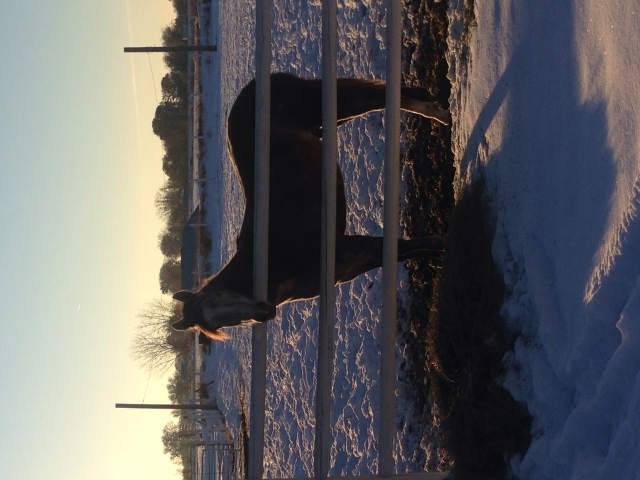 Feed for Growing Quarter Horses
Question
Bree Della
Hi! I have a two year
Feed for Growing Quarter Horses
Question
Bree Della
Hi! I have a two year
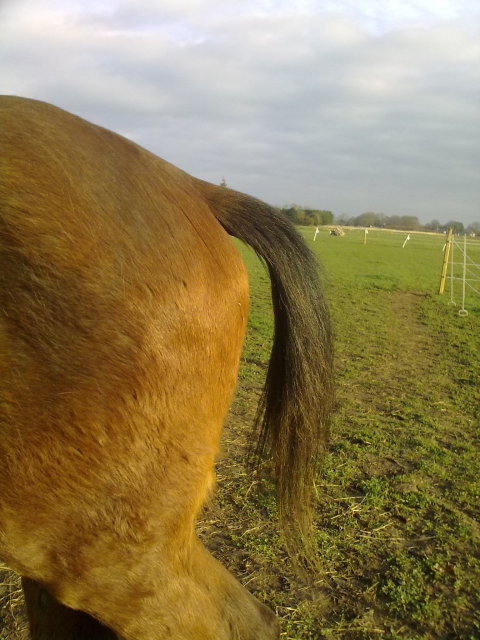 Horse Hair loss
Question
Tail
2 year old mare Appaloosa X shire
Horse Hair loss
Question
Tail
2 year old mare Appaloosa X shire
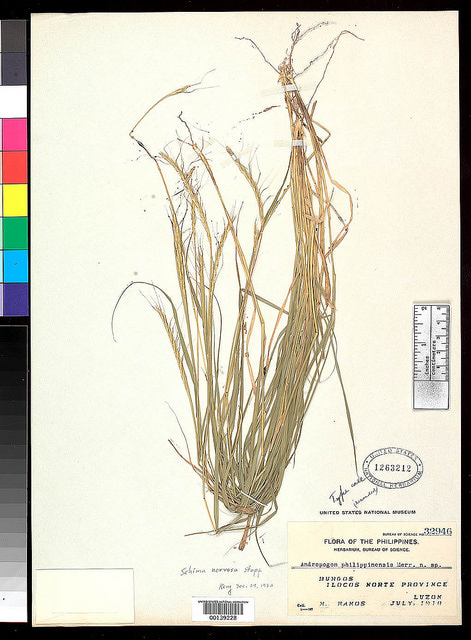 sehima nervosum hay for our horses - free choice
Question
sehima sehima 1
hi maam. present
sehima nervosum hay for our horses - free choice
Question
sehima sehima 1
hi maam. present
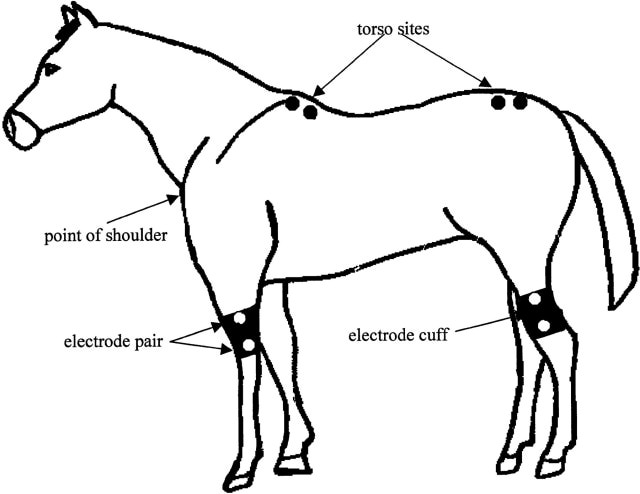 diagram representing
Question
diagram represent
hello maam, can you p
diagram representing
Question
diagram represent
hello maam, can you p
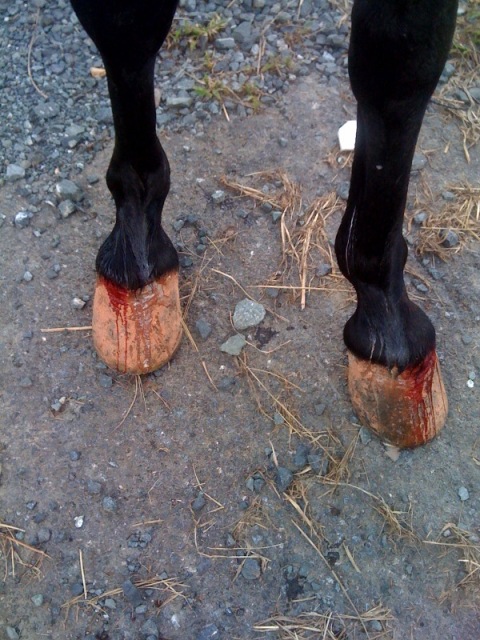 bleeding hooves
Question
bleeding
hi corlena! I have attached a photo s
bleeding hooves
Question
bleeding
hi corlena! I have attached a photo s